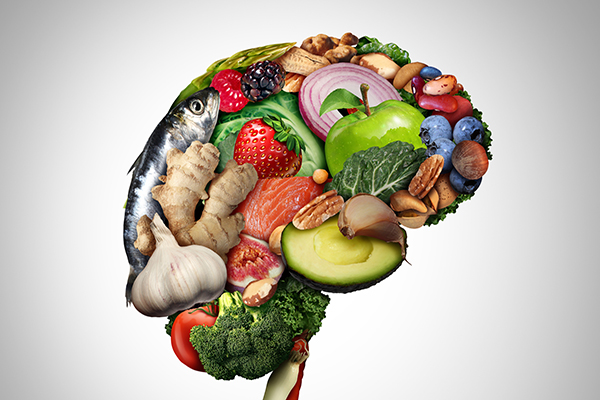While eating less and moving more are the basics of weight control and obesity treatment, finding ways to help people adhere to a weight-loss regimen is more complicated. Understanding what features make a diet easier or more challenging to follow can help optimize and tailor dietary approaches for obesity treatment.
A new paper from the School of Nursing analyzed different dietary approaches and clinical trials to better understand how to optimize adherence and subsequent weight reduction. The findings are published in the Journal of Clinical Investigation.
“There is not convincing evidence that one diet is universally easier to adhere to than another for extended periods, a feature necessary for long-term weight management,” says Ariana M. Chao, assistant professor of nursing at Penn Nursing and lead investigator of the paper. “Progress in improving dietary adherence could result from greater efforts to examine mechanisms underlying interindividual variability in responses to dietary approaches. The more we understand the characteristics of individuals who are trying to lose weight, the more able we may be to identify dietary interventions that facilitate their efforts.”
Read more at Penn Nursing News.








